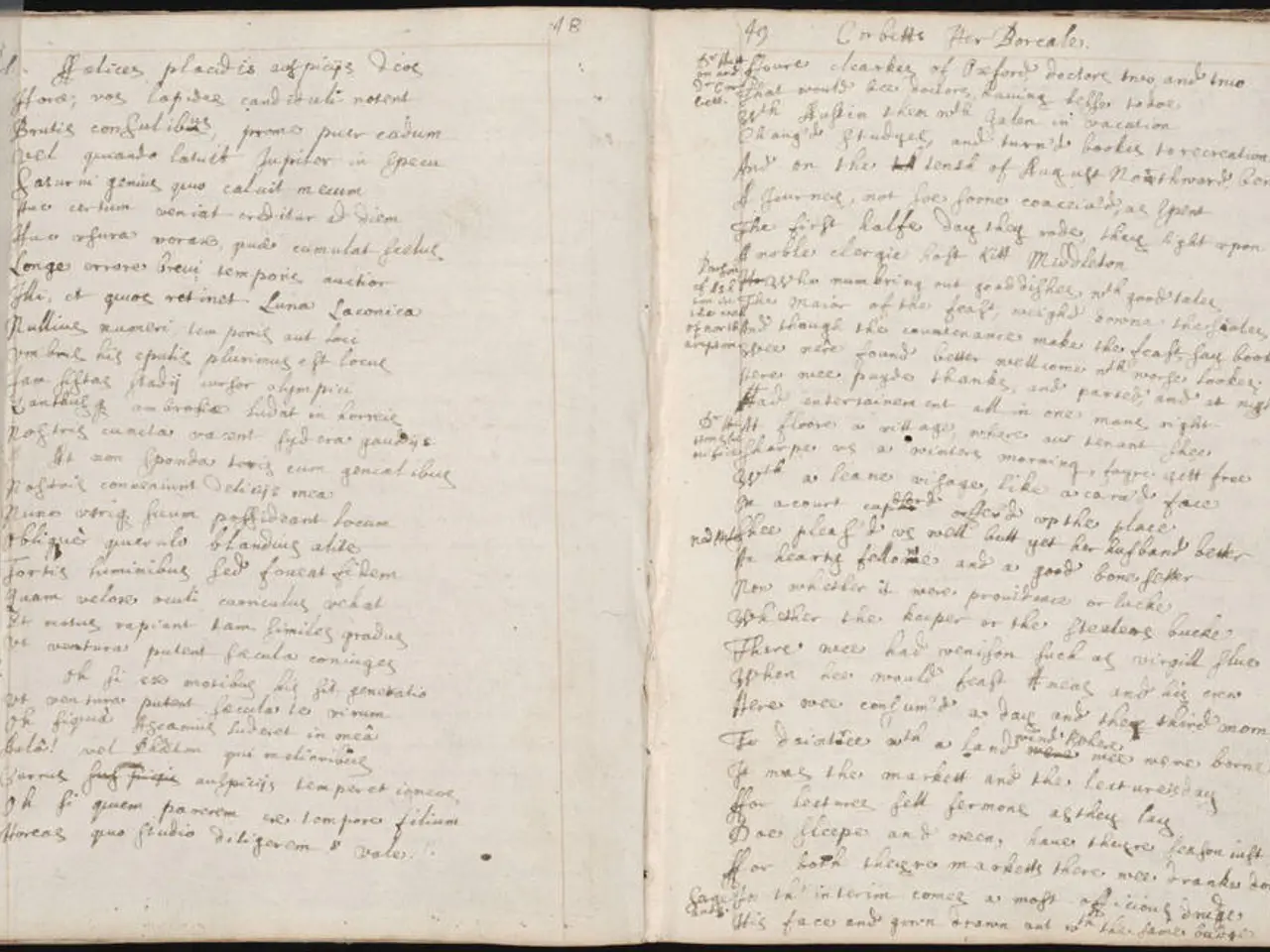Ponderings of the Philosophical Intellect
In the realm of human thought, the philosopher stands as a beacon of inquiry, a seeker of truth, and a champion of freedom. This role is not one that is easily embraced, for the philosopher often finds herself at odds with societal norms, questioning assumptions and challenging the status quo.
At its core, philosophy is a critical and creative reflection on life in its entirety, transcending academic or professional boundaries. It is not just a logical game or a method of thinking, but a search for the meaning and truth of existence. This quest for truth is what drives the philosopher, fueled by a deep-seated desire known as the "will to truth."
The will to truth is a commitment to discover reality beyond tradition and dogma. This drive pushes philosophers to question assumptions, explore new perspectives, and seek knowledge that can challenge tradition and promote progress. However, this pursuit is not without its complexities, as Nietzsche points out, for it can also disguise a desire for power in some philosophers who use knowledge to influence others or impose their worldview.
Complementing the will to truth, pragmatism suggests that motivation also comes from the practical consequences of ideas—their usefulness or ability to work in action. In this view, truth emerges from continuous verification through inquiry and practical effectiveness, not from abstract absolutes. This methodological approach keeps philosophers engaged by focusing on ideas that have tangible impact.
In the spirit of Socratic philosophy, embracing one's own ignorance fosters motivation. Acknowledging that "I know nothing" sustains humility and persistent questioning as routes to wisdom and truth.
The philosopher's pursuit of truth and ideas often leads her to be perceived as a societal scapegoat, a mourner, and an 'enemy' of human progress. However, she finds motivation and joy in her sense and experience of freedom, particularly in the freedom of thought and expression. For the philosopher, freedom is synonymous with the truth she seeks, as it allows her to be free from religious, cultural, and intellectual bondage. Thus, freedom of thought in any valuable sense is synonymous with freedom of speech or expression for the philosopher.
As people grow, their curiosity is often suppressed by culture and religion. Yet, this instinct is the very origin of philosophy, a natural instinct in every child. The philosopher's thoughts and ideas, if significant, are difficult to hide away, especially if they challenge the beliefs and customs of those around her. This can lead to persecution, as the philosopher's conviction in her own reasoning often leads her to speak truth and expose prejudices and falsehoods in society.
In conclusion, the philosopher's motivation stems from the will to truth, the pragmatic focus on ideas’ practical consequences, and the Socratic embrace of questioning and acknowledging ignorance as a path to deeper understanding. These elements together sustain a philosopher’s pursuit of truth, ideas, and meaning despite challenges or suspicion of ulterior motives. Philosophy, at its heart, is a testament to the human spirit's unyielding desire to understand the world and its workings, a journey that begins with a simple question and continues until the very end.
- The philosopher's unwavering commitment to the 'will to truth' motivates them to analyze different aspects of life, such as science, health-and-wellness, mental-health, and free speech, to challenge assumptions, promote progress, and uncover truths.
- In their pursuit of truth, philosophers often scrutinize various fields, like science and health-and-wellness, or tackle complex topics such as mental-health and free speech, understanding that freedom of thought and expression is a cornerstone of their quest for knowledge and the truth they seek.




